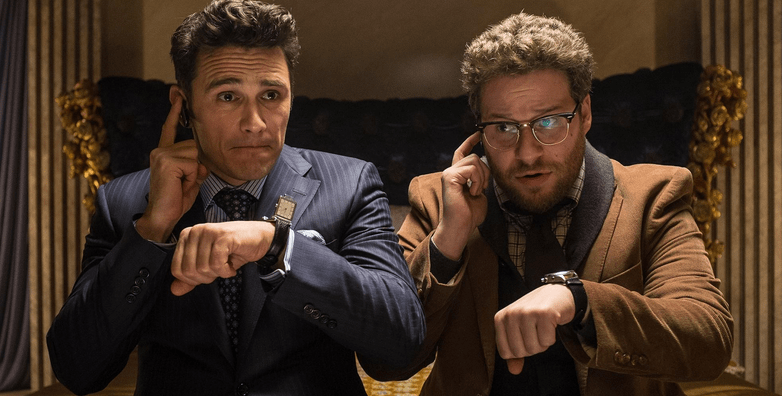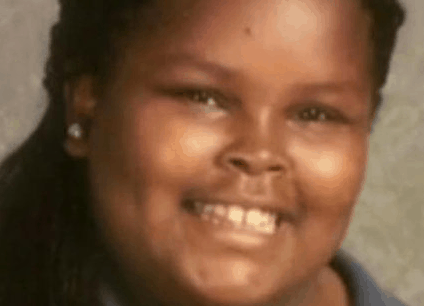
The first time I met my husband, it was about as far from “love at first sight” as you can get.
His first words to me were “Don’t I know you from somewhere?”—arguably the second worst pick-up line ever. We talked some that evening, and I quickly sized him up as “the perfect guy” … for someone else.
After a few weeks of sporadic, halted conversation, we fell out of touch.
And then, somehow, our paths crossed again and I found myself surprisingly interested in getting to know him. We started dating, even though I had put him firmly in the category of Not My Type. He was quiet, reserved, and we had relatively few interests in common.
And yet.
Yet, even though he didn’t look like My Type, or sound like My Type, I found myself wanting him to think well of me. I realized he met the primary core things I had prayed for in a husband. Slowly, I conceded that perhaps My Type needed an update.
The New Type
Why was it that it took me so long to recognize him? In hindsight, there were two reasons. Firstly, I was expecting those things I was looking for to come in a different “package.” I thought a guy to laugh with would be someone who was the social funny-guy. He wasn’t—and yet we laughed. I had thought someone strong enough for me would be socially more dominant, an extrovert to match my energy. He wasn’t—and yet he had a quiet strength that felt like a harbor.
Secondly, though, I believe I did not give him a chance because I was expecting a different chemistry. Somehow, I had believed the dominant Hollywood narrative that when you meet the person you are to marry, you will Know. There would be some kind of chemistry, some kind of instant attraction.
I was not naïve enough to think that the instant attraction would necessarily be positive. I fully expected there might be an Elizabeth-Bennet-and-Mr.-Darcy-type situation where there was instant chemistry, even if it was negative at first.
But I did expect there to be a spark of some sort, some kind of conversational fireworks which would single this person out from everyone else in the midst of my everyday conversations .
How to Start a Fire
As it turns out, there are different ways to start a fire. The lithium-in-water type of explosion is one way to get things going with a bang. Romeo and Juliet. Cinderella and Prince Charming. Orpheus and Eurydice. Other fires require a bit more time. Hardwood is slower to catch aflame, but it burns longer.
Arranged marriages statistically fare as well as love-match marriages and give us an alternative viewpoint from which to consider our expectations that immediate “chemistry” is a helpful (or necessary) indicator of compatibility. As Brian J. Willoughby comments: “Arranged marriages start cold and heat up and boil over time as the couple grows. Non-arranged marriages are expected to start out boiling hot but many eventually find this heat dissipates and we’re left with a relationship that’s cold.”
Arranged marriages rely on the wisdom of parents and a community to pair people with similar values, but such matches are not common in the Western world. Dating is the norm in our culture, and even with the help of online websites with their algorithms to calculate areas of compatibility, it is a daunting responsibility to figure out how to evaluate whether this particular person, eligible as they may seem, is one we should invest in dating. If we are underwhelmed by them at first, would choosing to pursue a relationship with them be “settling”? Or a hallmark of realism and wisdom?
A New Ground for Love
In his diabolical advice on tempting a young Christian, C.S. Lewis’ fictional fiend Screwtape writes: “We have done this (undermining monogamy) through poets and novelists by persuading the humans that a curious, and usually shortlived, experience which they call ‘being in love’ is the only respectable ground for marriage; that marriage can, and ought to, render this excitement permanent; and that a marriage which does not do so is no longer binding. This idea is our parody of an idea that came from the Enemy.”
I daresay, the belief that we should detect some initial “excitement” when meeting the One we are to wed is an outworking of that same deception.
Tim and Kathy Keller’s runaway bestseller The Meaning of Marriage is one modern word of wisdom meant to encourage our generation to approach marriage (and dating) with wise and healthy expectation. You never marry the right person, writes Keller, for, he says, no two people are compatible. Quoting Duke University Ethics professor Stanley Hauerwas, he explains why: “We never know whom we marry; we just think we do. Or even if we first marry the right person, just give it a while and he or she will change. For marriage, being [the enormous thing it is] means we are not the same person after we have entered it. The primary challenge of marriage is learning how to love and care for the stranger to whom you find yourself married.”
If this slow-learning of sin-tainted compatibility is a necessary corrective to our expectations for marriage, we would do well to apply the same wisdom to our expectations for dating. For the truths that none of us are innately compatible and that we are constantly changing apply as much in the dating years as they do in the marriage years.
All of this, however, begs the question: how then do we date? To this I offer only this: perhaps we would do well to date a little more broad-mindedly. For the list of non-negotiables we were praying for in a marriage partner may be packaged in a different wrapper than what we were expecting.
My now-husband asked the second-worst pick-up line on the day we first met, but he saved the worst one for much later into our relationship. With all the easy confidence of a guy-who-knows-he’s-already-got-the-girl, he leaned back and asked me coyly: “So, do you believe in love at first sight, or do you need me to walk past you again?”
As it happens, he had to walk past me a number of times.
But I got there, eventually. It just took a little time.























